What Does a Foreign Policy for the Middle Class Look Like?
This event is co-hosted by the Center for the National Interest. President Biden has talked about pursuing a foreign policy for middle class America and all Americans, but what does that actually mean? Foreign policy has become the dominion of the elites in Washington, leaving ordinary people out of the conversation when it comes to defense expenditures, overseas interventions, and America’s relationships with the rest of the world. Partisan politics have tainted the way people see foreign policy and often leave the country bitterly divided. Biden says he wants to change this, but how? We take a look at how foreign policy has affected the heartland, what would need to change in Washington, and what it would take to make it a ‘bread and butter issue’ that makes Americans’ lives better. Join us for a conversation featuring Michael Lind, professor of practice at the University of Texas; Rachel Bovard, senior director of policy at the Conservative Partnership Institute; and Daniel McCarthy, editor of Modern Age. The Quincy Institute’s Kelley Beaucar Vlahos will moderate, and the National Interest’s George Beebe will offer introductory remarks.
Panelists
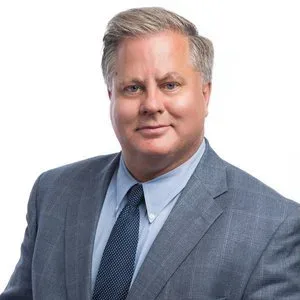
Michael Lind
Michael Lind is a professor of practice at the LBJ School. A graduate of the Plan II Liberal Arts Honors Program and the Law School at the University of Texas with a master’s degree in international relations from Yale, Lind has previously taught at Harvard and Johns Hopkins. He has been assistant to the director of the Center for the Study of Foreign Affairs at the U.S. State Department and has been an editor or staff writer for The New Yorker, Harper’s, The New Republic and The National Interest. A co-founder of New America, along with Walter Mead, Sherle Schwenninger and Ted Halstead, Lind co-founded New America’s American strategy program, and served as policy director of its economic growth program. He is a former member of the boards of Fairvote and Economists for Peace and Security.
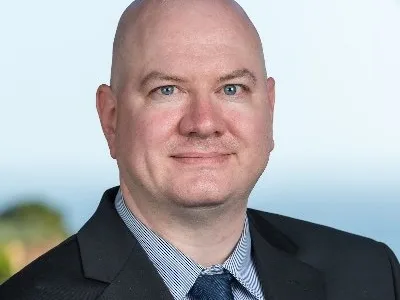
Daniel McCarthy
Daniel McCarthy is the editor of Modern Age: A Conservative Review, and Editor-at-Large of The American Conservative. He is also the director of the Robert Novak Journalism Fellowship Program at the Fund for American Studies and a Visiting Fellow of the Center for the Study of Statesmanship at the Catholic University of America. His writing has appeared in the New York Times, USA Today, The Spectator, The National Interest, Reason, and the recently published volume Who Rules? Sovereignty, Nationalism, and the Fate of Freedom in the Twenty-First Century from Encounter Books.
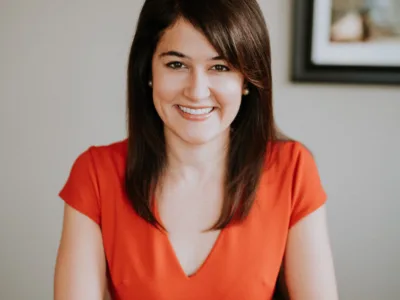
Rachel Bovard
Rachel Bovard is the senior director of policy at the Conservative Partnership Institute. She previously spent a decade on Capitol Hill in the House and Senate, most recently as legislative director to Senator Rand Paul and policy director of the Senate Steering Committee.
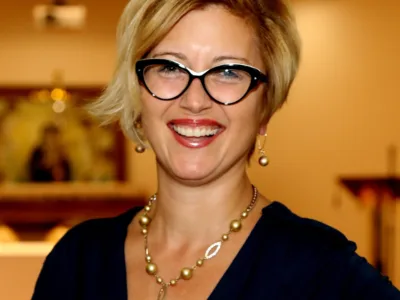
Kelley Beaucar Vlahos (Moderator)
Kelley Vlahos is senior advisor for the Quincy Institute and contributing editor at Responsible Statecraft. Previously, she served as executive editor at The American Conservative magazine, for which she has also been writing and reporting on the wars, foreign policy, veterans, and the military since 2007. She is currently a co-host of the Crashing the War Party podcast.
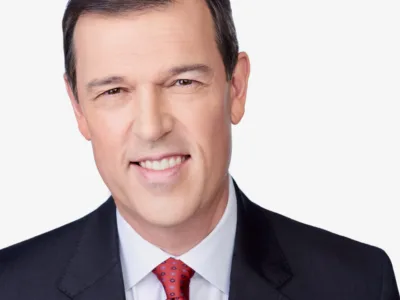
George Beebe
George Beebe is Vice President and Director of Studies at the Center for the National Interest. He spent more than two decades in government as an intelligence analyst, diplomat, and policy advisor, including as director of the CIA's Russia analysis and as a staff advisor on Russia matters to Vice President Cheney. His book, The Russia Trap: How Our Shadow War with Russia Could Spiral into Nuclear Catastrophe, examines how new game-changing technology, disappearing rules of the game, and distorted perceptions on both sides have locked Moscow and Washington into a dangerous escalatory spiral that neither side recognizes.
